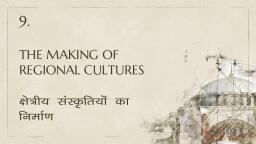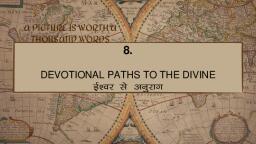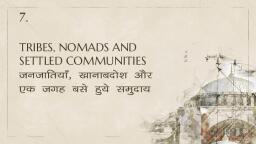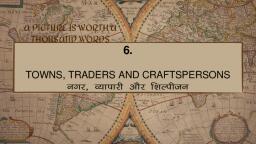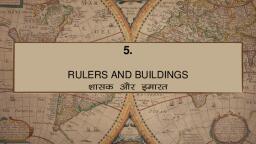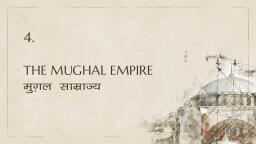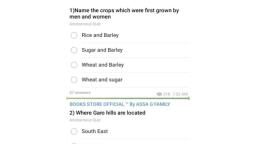Question 1 :
Match List-I with List-II and choose the correct answer from the code given below:
List-I (Varnas) List-II (Functions)
A. Brahmins 1. Served
B. Shudras 2. Performed sacrifices
C. Vaishyas 3. Fought battles
D. Kshatriyas 4. Traders
Question 2 :
Consider the following assertion with the given reason.
Assertion: In the Vedic period, women were also grouped with the shudras.
Reason: In the Vedic period, women and shudras were not allowed to study the Vedas.
Select the correct answer using the code given below:
Question 3 :
In the context of the Vedic period, consider the following statements:
1. Both the kshatriyas and the vaishyas could perform sacrifices.
2. Shudras were considered to be untouchable.
3. All the groups were decided on the basis of birth.
Which of the statements given above is/are correct
Question 4 :
In the context of the Vedic period, consider the following statements:
1. Many people did not accept the system of varna laid down by the brahmins.
2. The influence of the priests in the northeast region of the subcontinent was very limited.
Which of the above statements is/are correct?
Question 5 :
In which of the following Janapadas, did the archaeologists have excavate a number of settlements?
1. Qila in Delhi
2. Hastinapur near Meerut
3. Atranjikhera, near Etah
Question 6 :
In the context of Mahajanapadas, consider the following statements:
1. Many of the Mahajanapadas were fortified.
2. The new rajas now began maintaining armies. Soldiers were paid entire salaries of the year at once using punch marked coins.
Which of the statements given above is/are correct?
Question 7 :
In the context of the taxes of Mahajanapadas, consider the following statements:
1. Usually, the tax was fixed at one-third of what was produced. This was known as Bhaga or a share.
2. The crafts persons had to pay taxes in the form of labour.
Which of the statements given above is/are correct
Question 8 :
In the context of the tax system, consider the following statements–
1. Herders were also expected to pay taxes in the form of animals and animal produce.
2. There were also taxes on goods that were bought and sold, through trade.
3. Hunters and gatherers were completely exempted from tax.
Which of the statements given above is/are correct?
Question 10 :
In the context of the major changes in agricultural sector in the Mahajanapada time, consider the following questions:
1. The use of iron ploughshares grew.
2. People began transplanting paddy.
Which of the statements given above is/are correct?
Question 11 :
In the context of Magadha, consider the following statements:
1. Many rivers such as the Ganga and Son flowed through Magadha.
2. Parts of Magadha were forested.
3. There were iron ore mines in the region.
Which of the statements given above is/are correct
Question 13 :
Which of the following cities have never been the capital of Magadha?
1. Rajagriha
2. Pataliputra
3. Shravasti
Use the code given below to select the correct answer:
Question 14 :
In the context of world-conquering mission of Alexander, and his arrival in Indian subcontinents, consider the following statements —
1. Alexander's soldiers refused to march further.
2. Alexander’s soldiers were scared of the rulers of India, their vast armies of foot soldiers, chariots and elephants.
Which of the statements given above is/are correct?
Question 16 :
In the context of Gana or Sangha, consider the following statements:
1. In a gana or a sangha, there was only one ruler.
2. Both Buddha and Mahavira belonged to ganas or sanghas.
Which of the statements given above is/are correct?
Question 19 :
Ajatasattu wanted to attack the Vajjis. He sent which of the following ministers to the Buddha to get his advice on the matter?
Question 20 :
Why the rulers of Mahajanpadas built forts around them?
1.Some rulers wanted to show how they kind and simple were by building really large, tall and impressive walls around their cities
2. People were afraid of attacks from other kings and needed protection.
3. Land and the people living inside the fortified area could be controlled more easily by the king
choose the correct option in the following.









